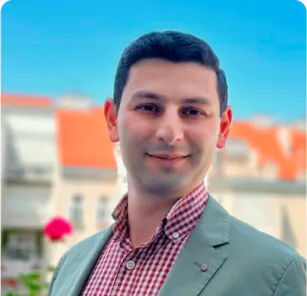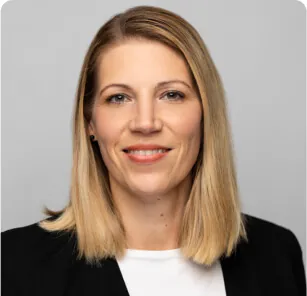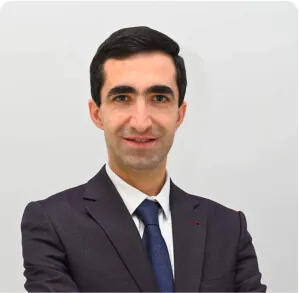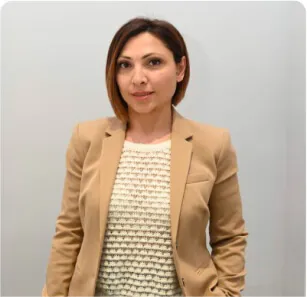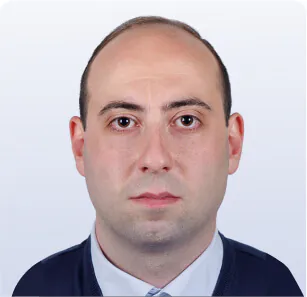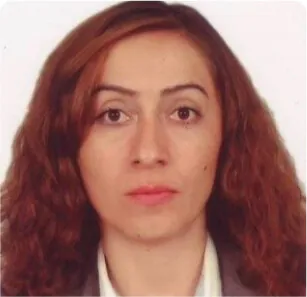Project Overview
Ecosystem services assessment through a participatory approach for sustainable water resources management in Armenia – EcoServ






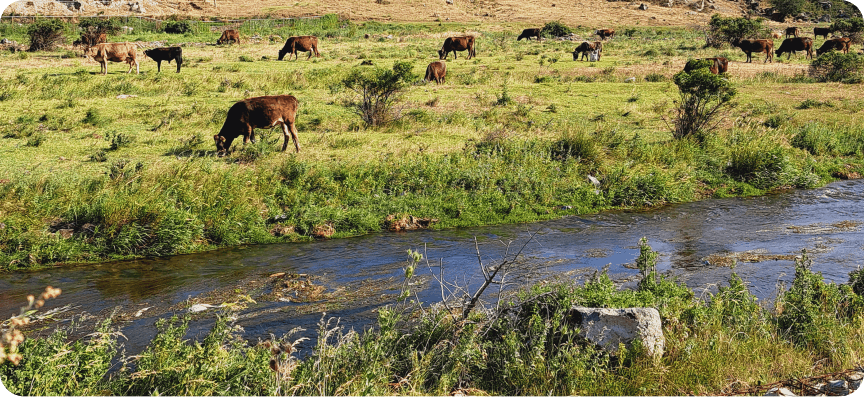
About the Project
Armenian aquatic ecosystems face vulnerability due to population density, the absence of water treatment plants and climate change. Armenia is classified as experiencing high baseline water stress, affecting agriculture and energy security. The situation also puts pressure on Lake Sevan’s tributaries, some of which dry up seasonally, impacting local livelihoods and environmental sustainability. The lack of legislation as well as the lack of aquatic ecosystem management in higher education demand for participatory and transdisciplinary approaches in ecosystem services assessment.
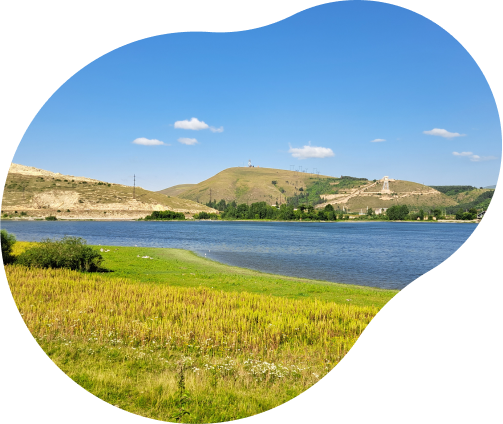





Project Goals
Develop the capacities of Yerevan State University and Scientific Center of Zoology and Hydroecology of National Academy of Sciences of the Republic of Armenia for the assessment of ecosystem services
Develop an ecosystem services management module for Bachelor's and Master's degree students at the Department of Management and Business of Yerevan State University
Develop an ecosystem services assessment framework for Armenian wetlands

Project Beneficiaries and Global Targets
The EcoServ project adopts participatory, transdisciplinary, and citizen science methods to engage a diverse group of beneficiaries. This includes researchers, educators, students, local community members, and various stakeholders such as farmers and industry professionals. A special emphasis is placed on supporting women’s sustainable businesses. The project aims to empower participants through capacity-building activities, enhancing their skills and knowledge for long-term impact.
EcoServ feeds into national development strategies by partnering with regional and national ministries. The project aligns with the APPEAR programme’s thematic areas, including environmental protection, sustainable resource management, education, gender equality, and governance. It directly contributes to achieving SDG 4 (Quality Education), SDG 6 (Clean Water and Sanitation), and SDG 15 (Life on Land).
Case study
areas
The EcoServ project focuses on Armenia’s Hrazdan River basin and Lake Sevan, key areas for industry, agriculture, and recreation. The Hrazdan River, originating from Lake Sevan, flows 141km and supports almost 50% of Armenia’s industrial output. Lake Sevan is the largest freshwater reservoir in the Caucasus and faces environmental pressures, altering its pristine status.
Key challenges include poor sustainable tourism and high levels of poaching due to deeper economic issues. These areas are natural reserves as well as hold significant cultural heritage, often exploited unsustainably. The EcoServ project aims to address these intertwined environmental and socio-economic issues, by co-creating possible solutions for sustainable aquatic ecosystem management.
Academic landscape
of Armenia
Armenia’s higher education system has been adapting to European standards since the Soviet Union’s fall but faces multiple challenges. Teaching methods and curricula are often disconnected from real-world demands and issues. Historically, research was separated from universities, weakening their capacity to contribute to societal problem-solving and national policy. However, international cooperation can enhance research and teaching capabilities, increasing universities’ societal impact. The participatory approaches such as transdisciplinarity and citizen science allow for place-based and targeted solutions, thereby improving governance and management of aquatic ecosystems.

